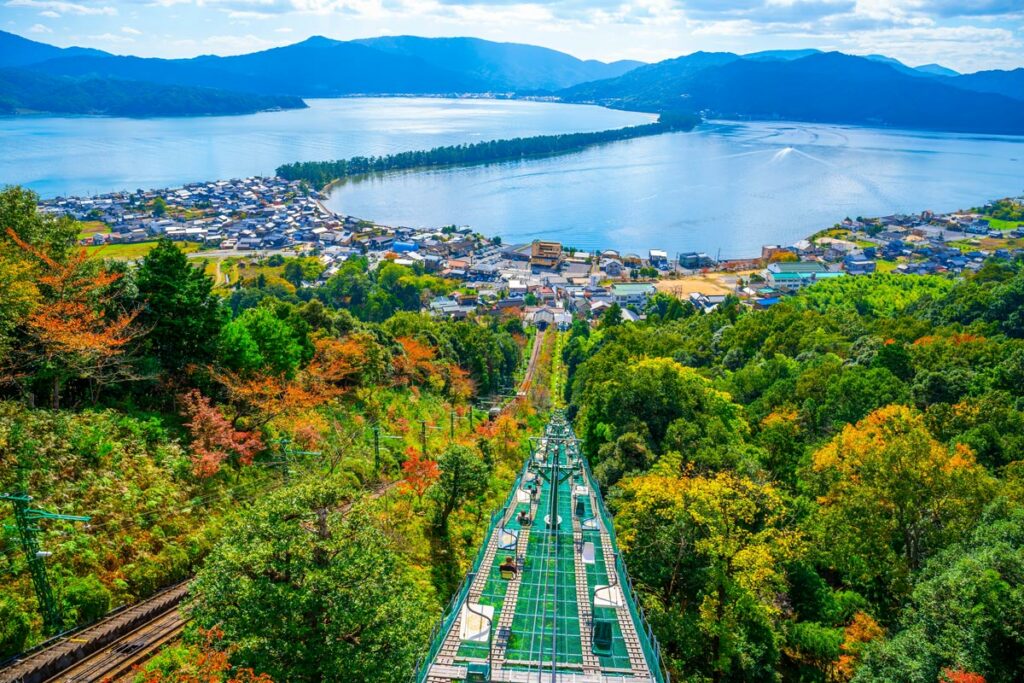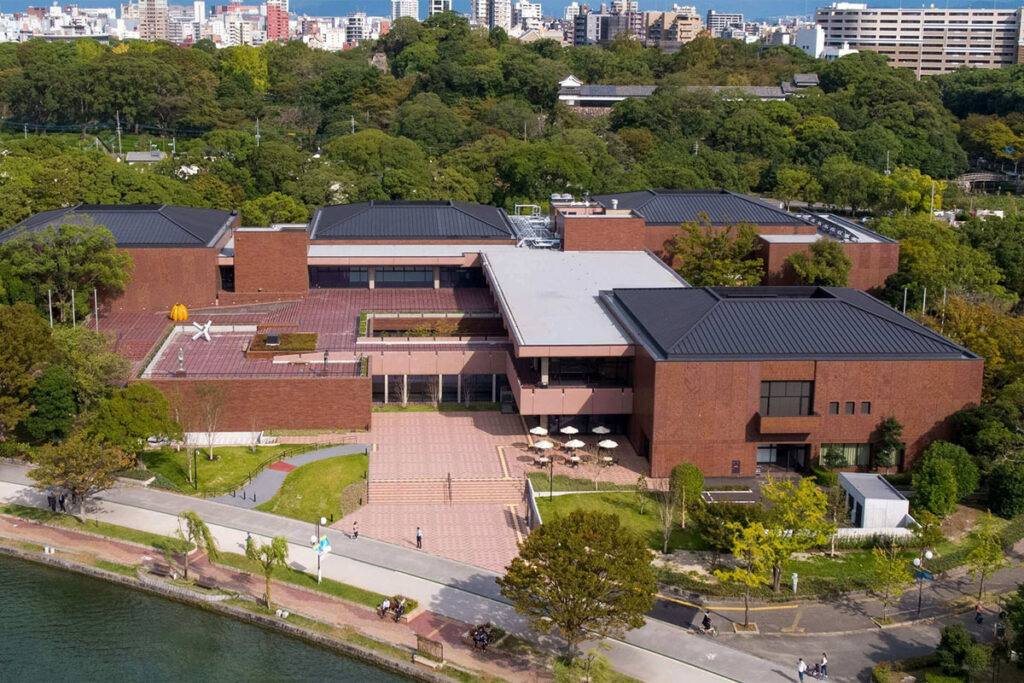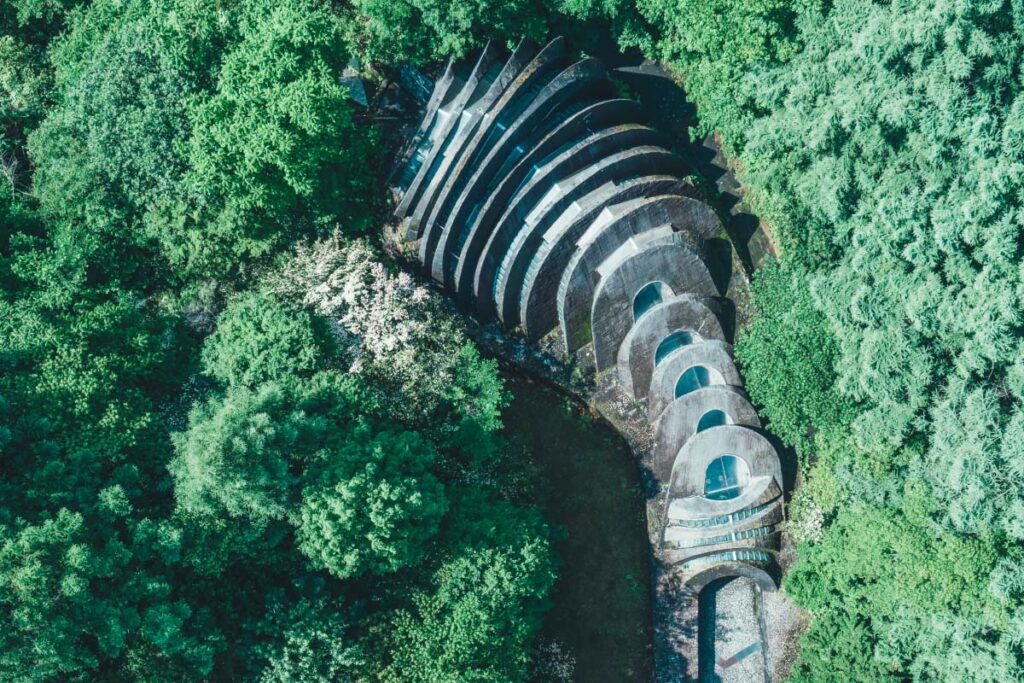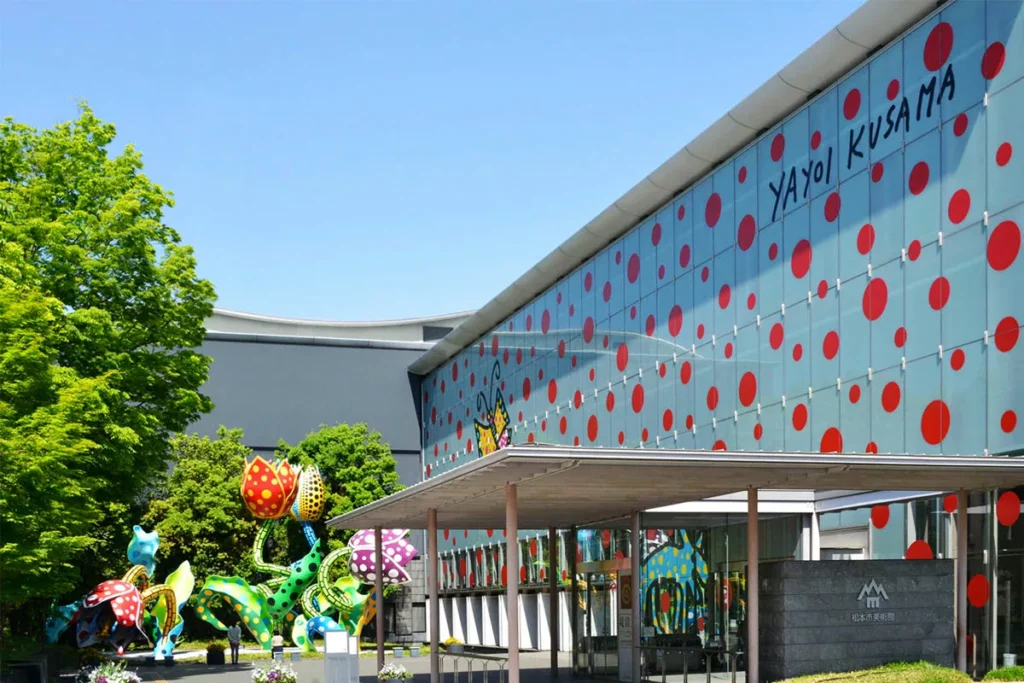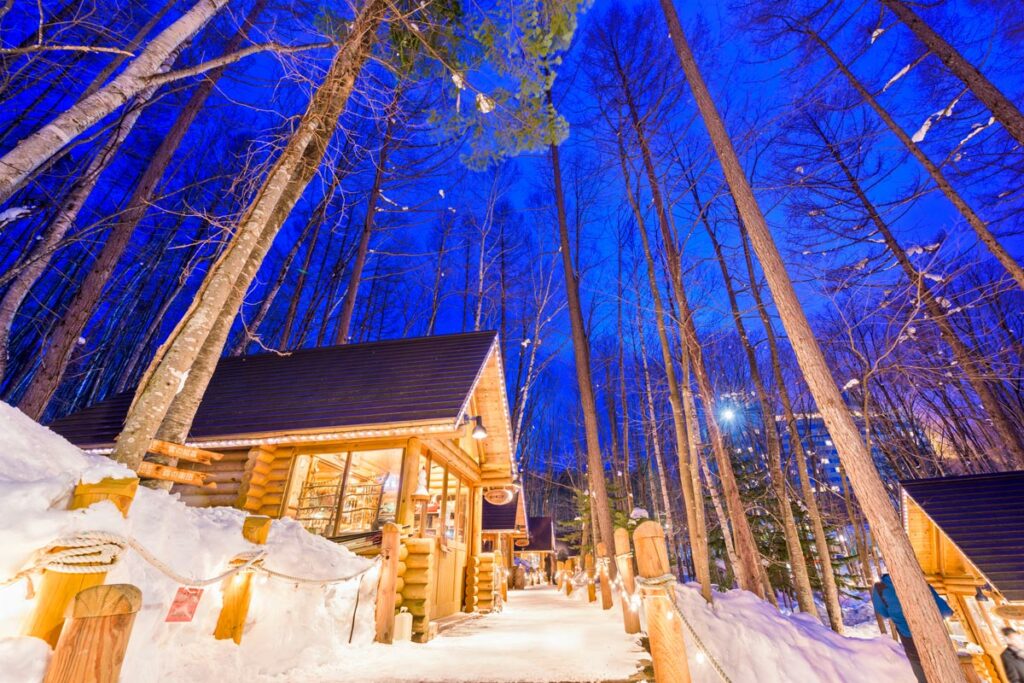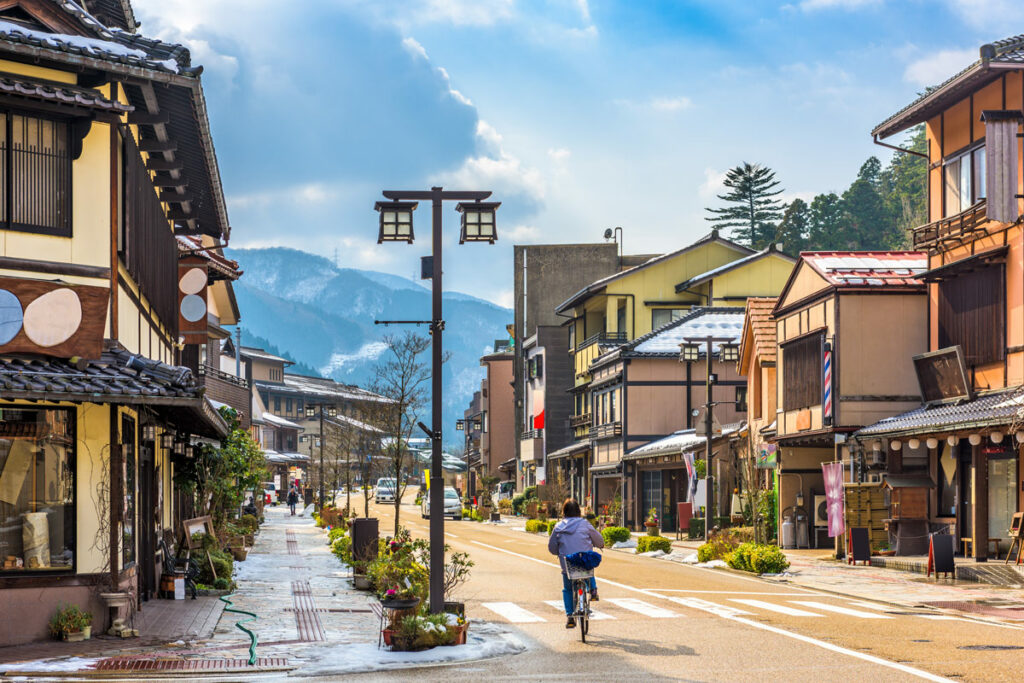Amanohashidate, often referred to as the “Bridge to Heaven,” is a breathtaking sandbar located in Miyazu Bay in the northern part of Kyoto Prefecture, Japan. Stretching approximately 3.6 kilometers, this natural wonder is adorned with over 8,000 lush pine trees, making it one of the country’s most iconic and cherished landscapes. Amanohashidate is considered one of Japan’s Three Scenic Views, along with Matsushima Bay and Miyajima Island.
History and Significance
Amanohashidate’s history dates back to ancient times, with many legends and myths surrounding its origin. According to Japanese folklore, the sandbar was created by Izanagi and Izanami, two Shinto deities responsible for creating the Japanese islands. The sandbar is believed to have been a ladder that connected the heavens to the earth, hence its name, “Bridge to Heaven.”
Exploring Amanohashidate and Its Attractions

Amanohashidate offers visitors a diverse range of attractions, from ancient temples like Matsuo-dera and Chion-ji to breathtaking viewpoints at Kasamatsu Park and Amanohashidate View Land. Visitors can also enjoy unique experiences, such as the “matanozoki” viewing technique and traditional tea ceremonies. Not to be missed is Nariai-ji Temple, with its striking five-story pagoda and 1,000-armed Kannon statue. To fully appreciate Amanohashidate’s beauty, take the chairlift or cable car to Kasamatsu Park, where the sandbar appears as the kanji for “one” (一) when viewed upside down.
Amanohashidate, with its rich history, cultural significance, and unparalleled natural beauty, offers a unique and unforgettable experience for visitors. Whether you wish to explore ancient temples, admire breathtaking viewpoints, or participate in various leisure activities, Amanohashidate is the perfect destination to create lasting memories.
